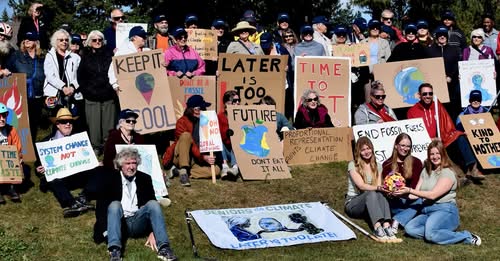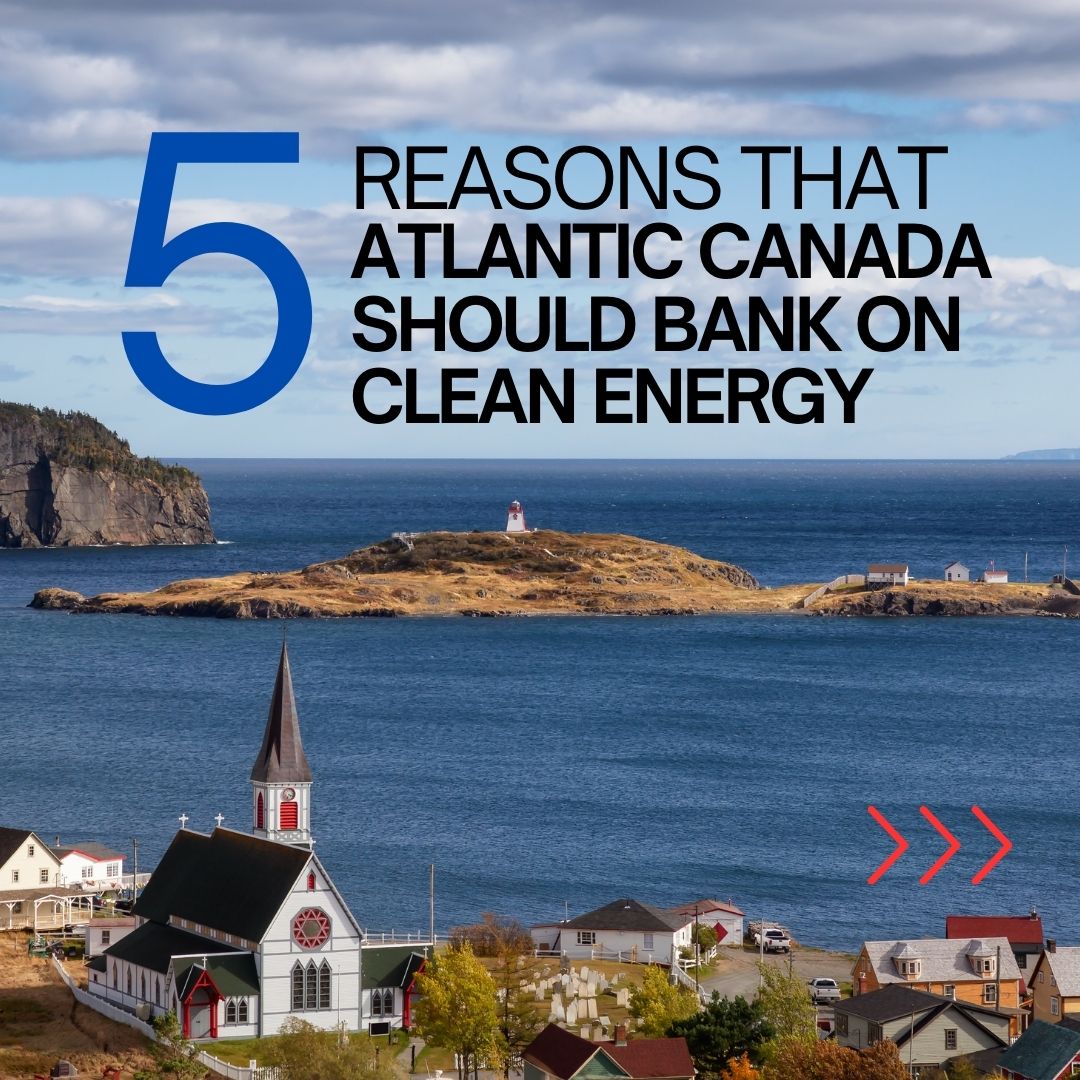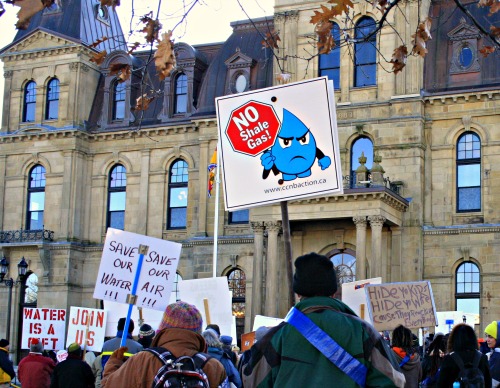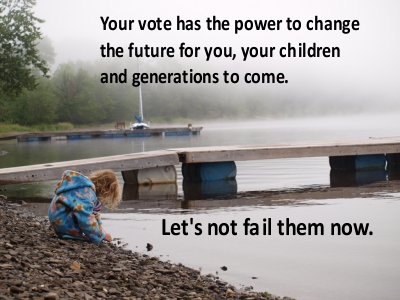
By Muriel Jarvis, Seniors for Climate (Telegraph Journal Apr 15, 2025)
Ten million Canadians, according to Statistics Canada, were over 60 years of age in 2023. That’s 26 per cent of Canada’s population. You might think of this age cohort as retired, traveling, or otherwise not doing much. Think again. Almost 20 per cent of Baby Boomers (born between 1946 and 1965) are still working, 40 per cent volunteer, and, critically, almost 80 per cent vote, according to Elections Canada, compared to almost 54 per cent of 18-to-34-year olds.
Seniors for Climate is a national movement of older Canadians rallying around the idea that we have the social power, time, resources and skills to make a difference on climate change and to do it for the sake of our children and grandchildren. We are gathering in communities across Canada this Earth Day, April 22. In New Brunswick, Seniors for Climate organizers from Saint Andrews, Moncton, Sackville, Saint John and Fredericton are inviting climate concerned citizens from across the province to join us Tuesday, April 22, rain or shine, in Fredericton where we will gather at city hall and the New Brunswick Legislature.





 There are many important issues in every election, but the decisions that the next government will make on facing the climate crisis will determine the future for you, your family, the nation, and the planet for decades to come.
There are many important issues in every election, but the decisions that the next government will make on facing the climate crisis will determine the future for you, your family, the nation, and the planet for decades to come.